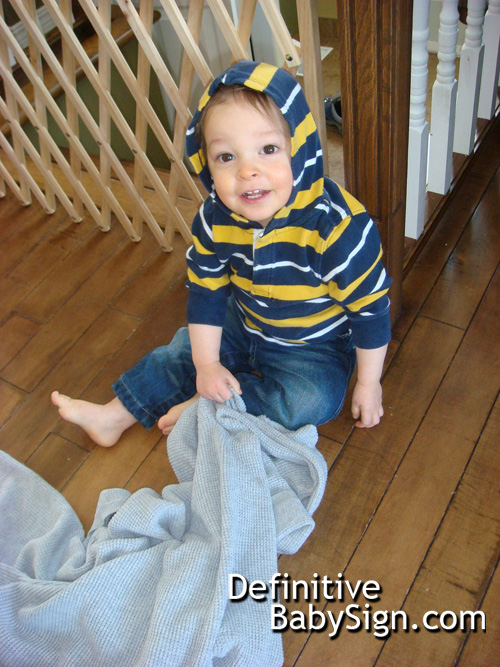 Kids passively pick up so much just from their environment so it’s no surprise that the more advanced kids are the one who’ve been exposed to many different things and whom are constantly being challenged. Parents who spend time with their kids will indirectly pass on many skills without even realizing it and those parent who do understand the power they have to influence their kids, can do so with even more success.
Kids passively pick up so much just from their environment so it’s no surprise that the more advanced kids are the one who’ve been exposed to many different things and whom are constantly being challenged. Parents who spend time with their kids will indirectly pass on many skills without even realizing it and those parent who do understand the power they have to influence their kids, can do so with even more success.
For example, I started pointing to the words in books very early on. When you first start with books, your baby has no idea their purpose. Yeah, your baby likely understands the images and can follow that much, but without instruction, they wont realize that the letters combine with others to form words and that words coupled make sentences and create coherent ideas.
Therefore, as a start, just point out the words you are saying as you say them. Follow your finger along so your baby understands that words carry meaning. Next you can ask your baby to point out the words or ask him which words he’d like you to read. Don’t force reading onto your baby though and let him decide if he’d like to skip forward in a book or backward. When you first start, the story of the book isn’t the idea, it’s just to get used to the entire thing as a concept. Reading full books and comprehending them is going to come a lot later on.
Next you’ll want to learn the letters of the alphabet and this can happen on purpose or just by playing around. At 22 months, by son knew the full alphabet by recognition because we played with the letters through quiz as we ate breakfast, lunch and dinner. At first it was just a game to see if he could remember them, but he grew to love the game so much that he’d ask for it. Had he shown no interest, we wouldn’t have bothered. In fact, much of what my son learns is driven by his interest and not necessarily mine. This is how learning can be fun.
Try to find moments when your baby is interested in something rather than trying to schedule a learning time into your day. There’s nothing worse than trying to force a toddler to concentrate when they’d rather work on their motor coordination through play. At all times in the day your toddler is learning – don’t forget this, but their attention can be limited and short so often toddlers skip around for activity to activity. This also helps your toddler limit his frustration. He’ll drop a toy when it becomes too difficult. Your toddler is constantly trying to match his current ability to the activities he enjoys without getting frustrated. This is why your toddler might seem to drop one thing for another – it’s just a protective mechanism so he doesn’t blow out. From a toddlers perspective the world is highly complicated and there are many things to master. No sense in working at things which will never be mastered – so your toddler thinks.
Play is your baby’s primary way of learning, and I contest that it’s the absolute best way. Once school starts, your child with either make it or break it, largely based on his ability to sit still for long periods of time, or not. Unfortunately, our schools largely ignore life’s immutable laws and tries to jam kids into a neat box indoors for extended periods of time and strip play from the equation. So while concentration is key to learning, it doesn’t always have to fit into a neat schedule. In the early stages let your toddler tell you when he’s interested to learn and seize teachable moments when they arise!
